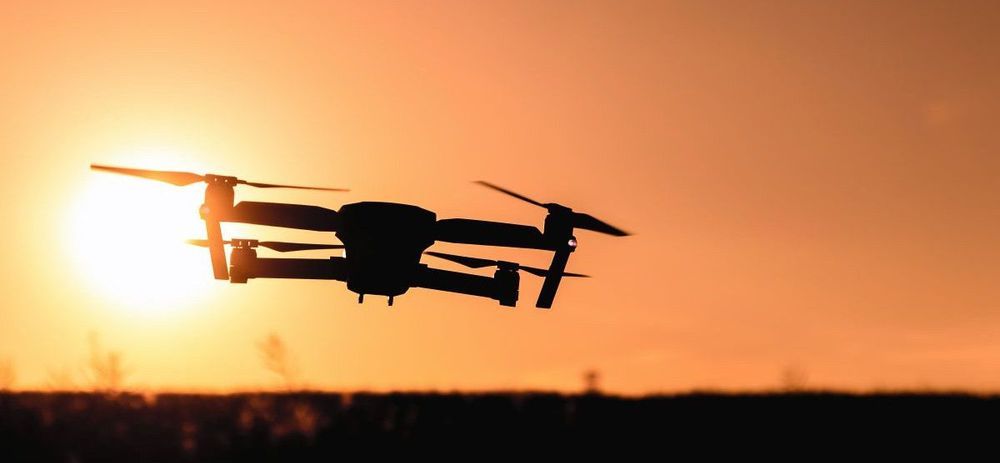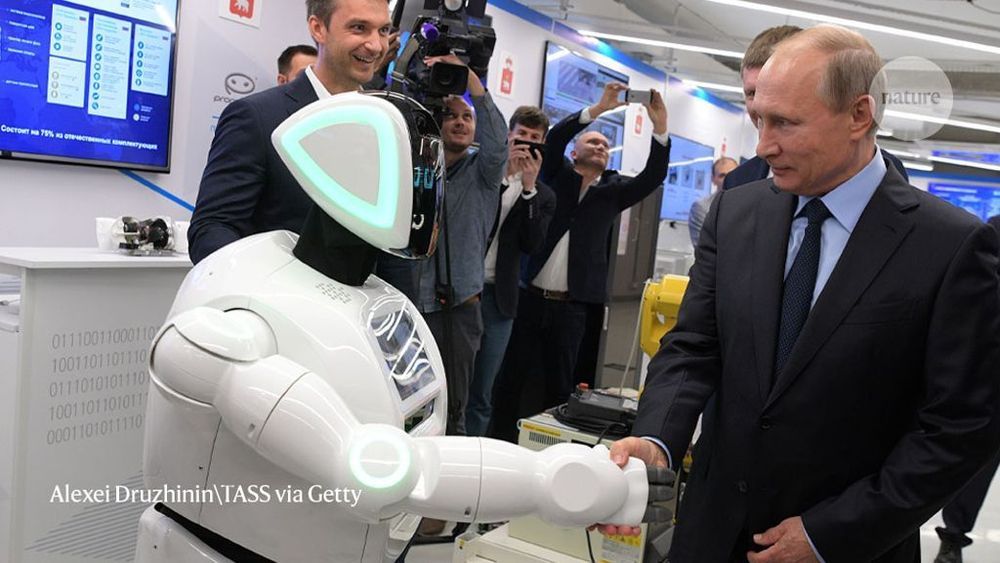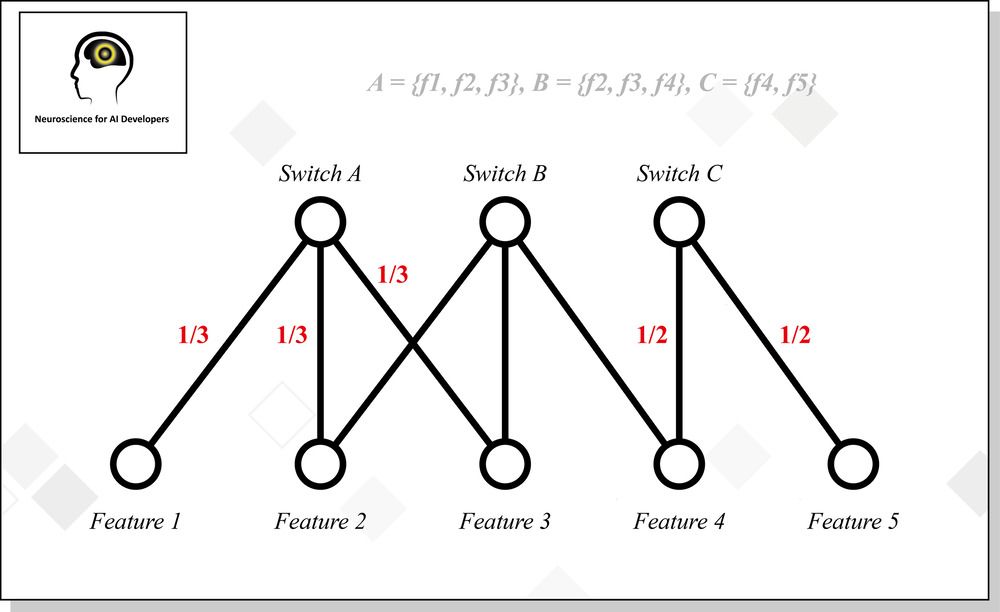AI on the mars rover is used to help it navigate the planet. The computer is able to make multiple changes to the rover’s course every minute. Technology behind the Mars rovers are very similar to that used by self-driving cars. The major difference is that the rover has to navigate more complicated terrain and does not have other vehicular or pedestrian traffic to take into account. That complicated terrain is analyzed by the computer vision systems in the rover as it moves. If a terrain problem is encountered, the autonomous system makes a change to the course of the rover to avoid it or adjust navigation.
AI and Space: Made for Each Other
Over the last few years we have continued to see a large effort to commercialize space. Several companies are even looking to start tourist trips into space. Artificial intelligence is working to make space commercialization a possibility and to make space a safe environment in which to operate. The various benefits of AI in space all work together to enable further venturing into the unknown.






